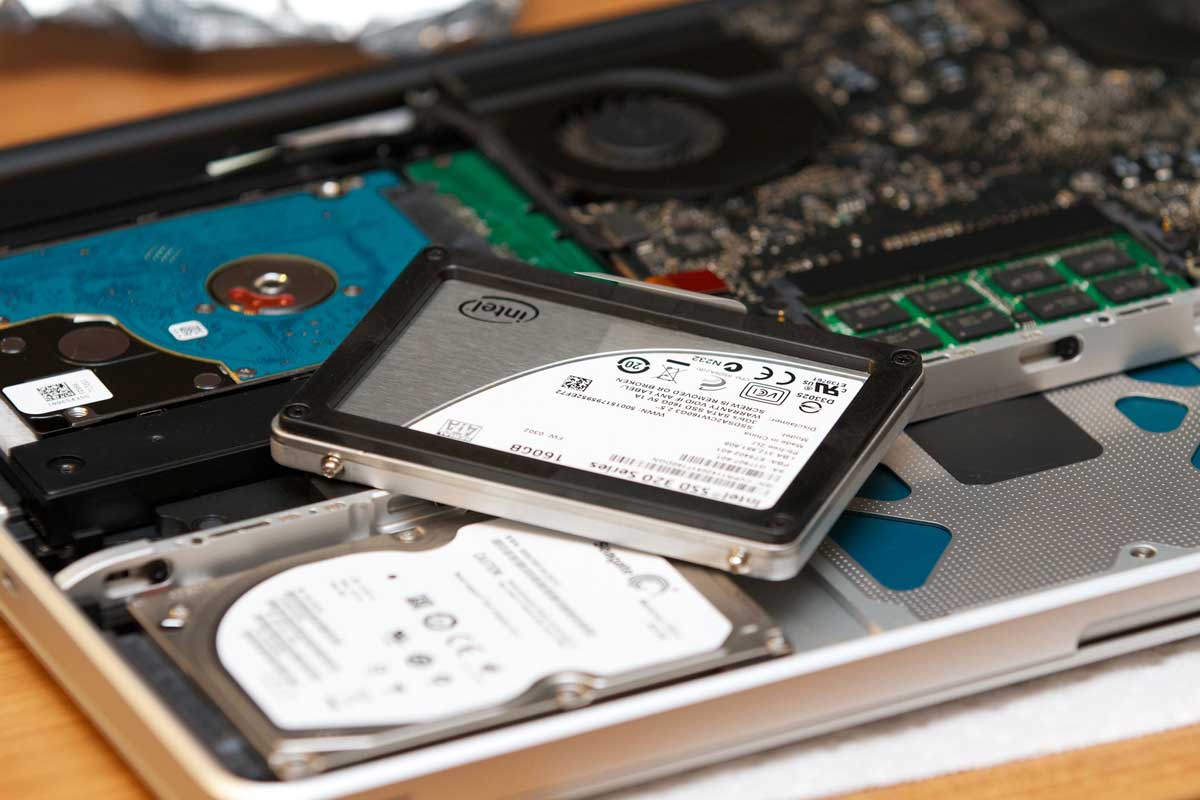As technology progresses, it is only normal to expect that data storage becomes better and more efficient. However, taking that step from to make it even better might not be as easy as it seems. Although there has been enormous progress in how we can improve storage and transfer of data, it is not yet conclusive to make a complete switch over.
Using Less Power
Obviously it is better to use a disk that will consume less power, but does it really make it more efficient. In this case, yes, because an SSD not only uses less energy, it needs less to run, making it more energy-efficient all things considered. Moreover, because there are no mechanical moving parts in an SSD, there is no chance of frying anything if something might go wrong.
Faster Should Be Better
Being able to transfer data at a faster rate will be necessary for severs and bigger businesses, because they have to deal with large quantities. But, is an SSD really durable when you look at the speed it is using. Ultimately, the ability to be faster than a regular HDD will take its toll on the chipset, and it will make it deteriorate faster. Though, it is a problem that will soon be fixed, and while it is an issue to take into consideration, the average lifespan of an SSD will be more than three years, which is not bad at all.
Can It Take Some Damage?
Although HDDs are built to resist some level of shock and damage, they cannot withstand a lot of it. On the other hand, SSDs are built with no mechanical parts meaning that even if you have to transport them, you will not have to fear about losing any data. Furthermore, they will be able to take some damage and still work impeccably, or at least long enough while your transfer your most sensitive data.
Which Has More Space?
HDDs are for now in the lead because they offer more space. But, SSDs are catching up quite fast, and if you look at Samsung 850 evo, it is a prime example of how much storage technology has advanced in the last few years. But, it is not only about how much data it can hold, but also how fast it can transfer it. Regular HDDs are limited because of the old type of discs used in them. But, ultimately, price of the storage unit will determine which you will get for your next upgrade.
Less Heat to Deal With
Seeing as SSDs are using less energy, it translates to heating up less as well. Thus, your overall computing rig will be cooler as well. This is great news for laptop users, as they will see a decrease in temperatures, meaning that their system will not overheat anytime soon. On the other hand, a cooler storage unit means that there is less of a chance of anything bad and unexpected happening and losing all your files.
Although it is pointing towards SSDs being a better choice, they are still in their infant phase, with a lot of room for improvement and untapped potential. However, even if you make the switch now, you will notice immediate improvements in speed and data handling that will boost your efficiency. But, do not expect miracles, because storage drives can offer you only as much. The biggest turn down for anyone deciding between an SSD and an HDD is the price gap, and for now it seems that the majority favors buying a cheaper HDD.

